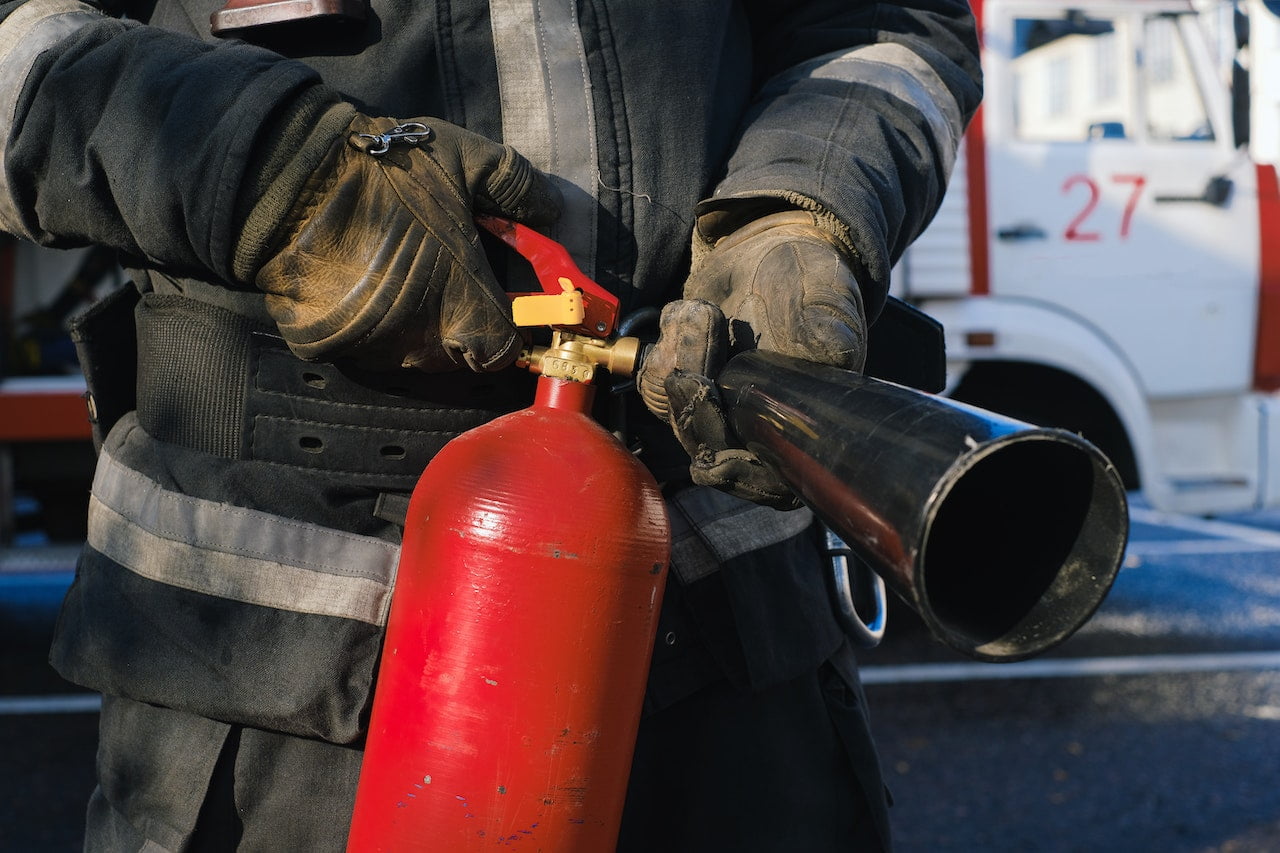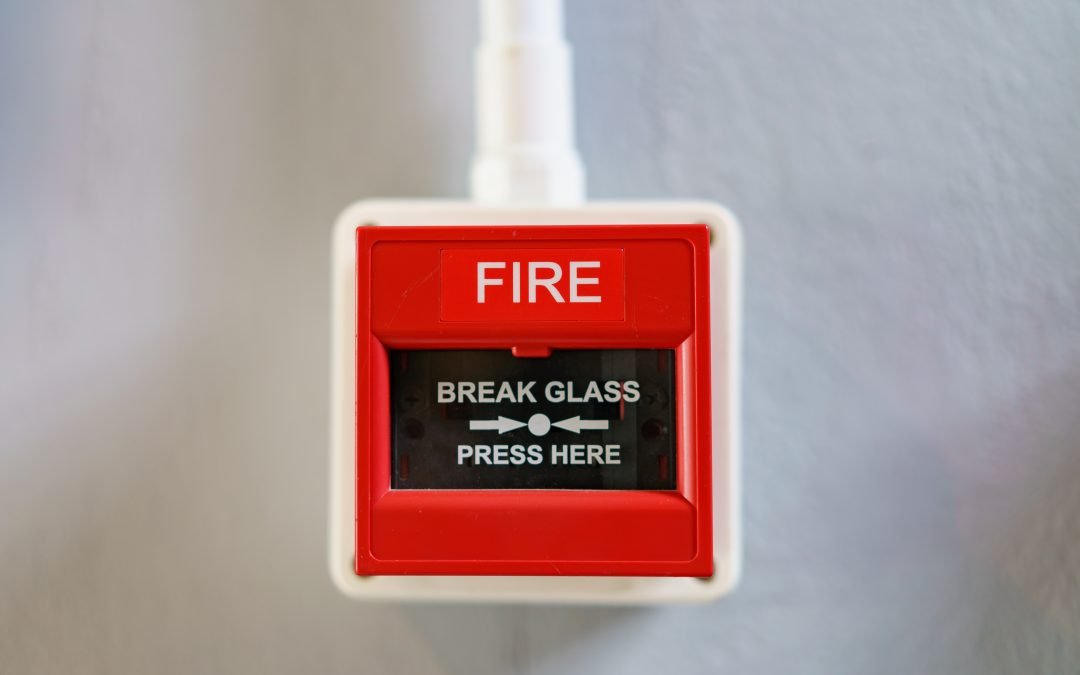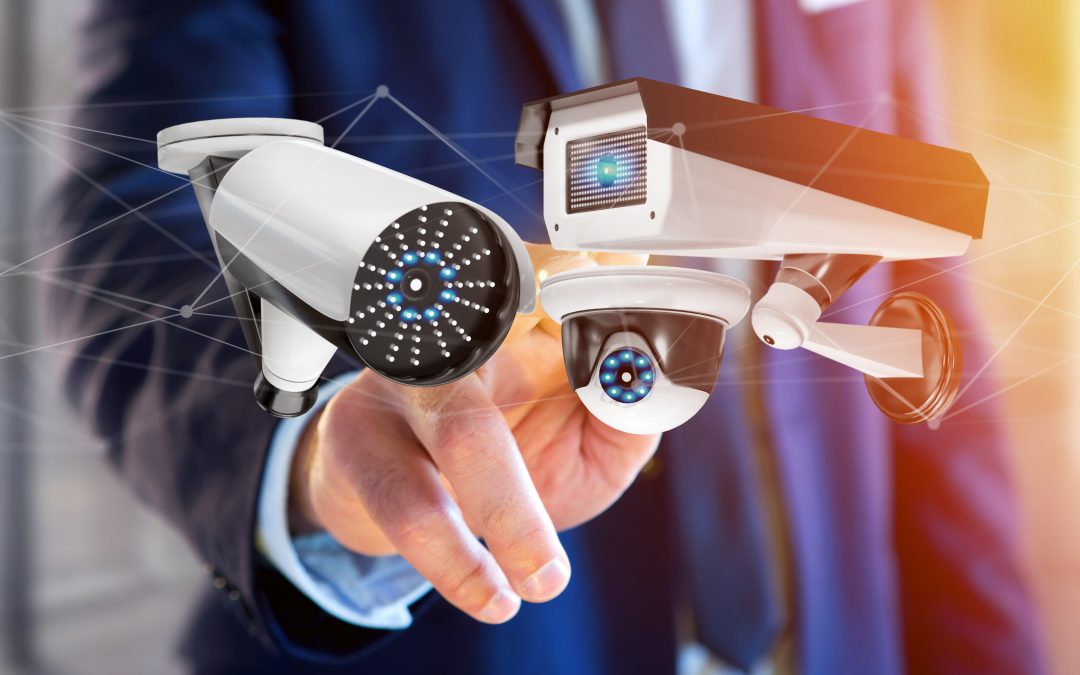It is absolutely crucial that you have an appropriate fire alarm system in Miami. Not only does a quality fire alarm system make your business safer, but it also brings you into compliance with Miami fire codes and with federal laws. The Occupational Safety Administration has an entire set of regulations regarding fire alarm systems.
As a property owner, you know how important it is to protect your assets and the occupants of your building. Your first priority is to make your property safe. Security and fire protection are of paramount importance. This is why property owners in Miami make it their business to invest in the best fire alarm systems for their needs.
Navigating the legal requirements, both state and federal, can be tricky. There are massive regulations for fire alarm systems, and these can be difficult to follow. No one expects property owners to be legal scholars with regard to fire code regulations. This is why it is best to trust professionals in the area of fire alarm systems in Miami.
What is a fire alarm system? What is the importance of fire alarm systems in Miami? And what are the components of a good fire alarm system? This guide will walk you through some of the basics of fire alarm systems.
What is a fire alarm system?
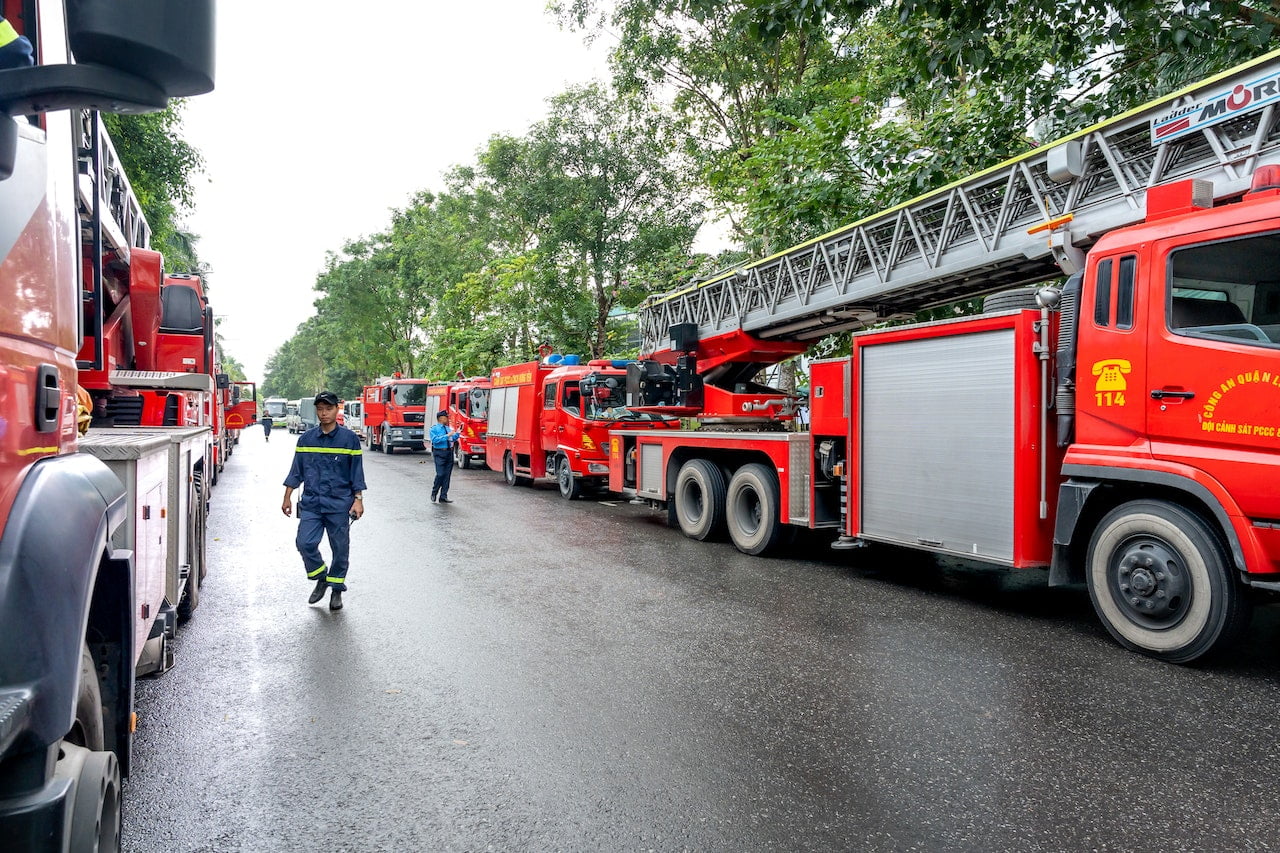
A fire alarm system is designed to provide alerts in the event of an emergency so that people can take appropriate action to evacuate the premises and so that emergency responders can address the emergency.
Fire alarm systems are found in offices, factories, public buildings of all kinds, hospitals, and schools. Fire alarm systems provide the warning necessary so that people can get to safety and so that designated personnel can provide the correct responses to prevent damage and loss of life.
Fire alarm systems generally consist of both sound alarms in the form of bells or sirens and lights that signal a problem. Fire alarm systems operate with specific types of detection devices. Smoke detectors, heat, and fire detectors, and even water pressure detectors send signals to trigger the alarms.
These same detection devices also send signals to a central control panel. This will alert personnel who are trained to respond to these problems. These central control panels will also alert local fire and EMS.
Importance of a fire alarm system in Miami
Fire alarm systems are important for anyone who owns property in Miami. Private property owners such as homeowners and people who own commercial properties should have some kind of working fire alarm system. The only way to protect people and property from the dangers of fire and smoke is to have a fire alarm system installed that is appropriate to your specific type of property.
In the city of Miami, there is a long and complex checklist that details all requirements of fire alarm systems. The Miami-Dade Fire Rescue provides a checklist that will show you everything you need in a fire alarm system for your particular type of property.
In addition to local regulations stipulated by Miami-Dade County, federal laws also regulate the type of fire alarm system you need in Miami. There are a lot of rental properties in the Miami-Dade area, and these kinds of properties are required to have specific types of fire alarm systems.
It is important to have a fire alarm system in Miami to protect people and property, but it is also important to have the correct fire alarm system to comply with local, state, and federal laws.
Components of fire alarm system
Different types of fire alarm systems will operate in different ways, but all fire alarm systems work with the same basic components. The components of a fire alarm system include:
Fire alarm control panel (FACP)
The fire alarm control panel is the central operating system for the entire fire alarm system. This is the hub that monitors all input and output, and it is the central site for controlling and understanding the fire alarm system. The fire alarm control panel is connected to each detection device. It is also connected to each alarm, whether it be visual or auditory. The fire alarm control panel is also connected to local emergency responders. The fire alarm control panel includes mechanisms that check the proper function of the entire fire alarm system. This means things like dead batteries in detection devices will signal the fire alarm control panel in ways that are separate from actual emergency detections.
Initiating devices
Initiating devices activate the fire alarm system in the event of an emergency situation. These initiating devices can be either manual or automatic.
Manual initiating devices are things like pull stations that initiate a fire alarm. We see these in schools and hospitals. These are the devices placed in strategic areas and can be manually pulled when someone sees evidence of a fire.
Automatic initiating devices are things like smoke, gas, flame, and heat detection devices. These automatic detection devices can be either addressable or non-addressable. Addressable means they will signal the exact location of a problem. Non-addressable initiating devices will signal the general area or zone in which a problem has been detected.
Whether you are required to have addressable or non-addressable initiating devices depends on the type of building you own. A qualified professional can help you evaluate your specific needs with respect to initiating devices.
Notification devices
Notification devices are things like lights, bells, sirens, and other alarms They notify occupants of the building that something is wrong they should take necessary actions. Notification devices can be common alarm bells as we find on older fire alarm systems. Some newer systems use unmistakable noises to alert people to danger. Many newer fire alarm systems also use lights as part of the notification devices.
Primary power supply
The primary power supply is the main power source in any given building. It is typically either a 120- or 24-volt AC power source powered by a local utility.
Backup power supply
Because fires can often interrupt the primary power supply, it is crucial that there be a backup power supply for a fire alarm system. These are usually 6-12-Volt batteries that will maintain power to the fire alarm system in the event of a power failure.
Certifications required for fire alarm systems in Miami
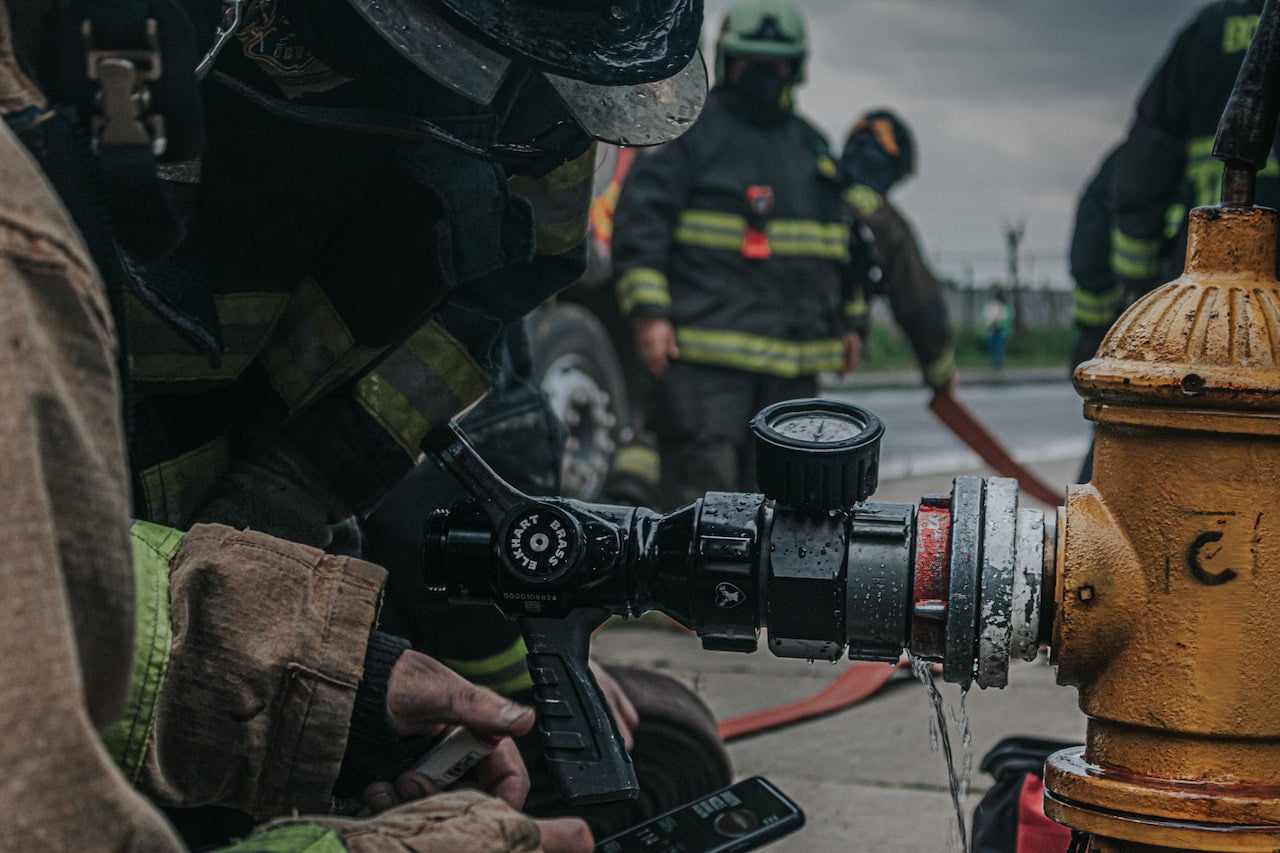
Certifications for fire alarm systems in Miami depend on the type of building you own and the type of business you operate in that building. There is no single certification for fire alarm systems in Miami.
The process of obtaining fire alarm system certification in Miami can be quite involved. The Miami-Dade Fire Rescue provides a checklist that will help you provide all the necessary information for obtaining a fire alarm certification.
The best way to make sure you have the correct fire alarm system for your building and business, and to get the correct certification for these, is to consult professional security services like those at Helios Security Systems. Trained and licensed professionals can walk you through the options for fire alarm systems and make sure you have the correct fire alarm system for your business.
Fire alarm system installation process
The process of installing a fire alarm system requires certified electricians and fire alarm technicians. Since fire alarm system installations must comply with local, state, and federal regulations, it is absolutely necessary that you have trained and licensed professionals do the fire alarm installation process. Some things to look for from a fire alarm installation include:
Fire alarm design & installation
Fire alarm installers need to have a complete understanding of your property and the nature of the type of business operating on this property. Everything from the grounds to the architectural complexities of the structure must be completely mapped out to make sure you are installing the correct fire alarm system.
Fire alarm inspection & testing
Fire alarm installers should provide thorough testing and inspection of the entire system. They need to inspect and test each device throughout the system and make sure all signals to the control panel are functioning properly.
Fire alarm maintenance
Quality fire alarm installations provide routine maintenance. This means the basic functioning of each device along the system is working properly and necessary upkeep is provided.
Fire alarm monitoring
Fire alarm installations require routine monitoring to make sure the system adheres to all fire codes and regulations. This should be included in your fire alarm installation.
Which type of fire alarm system to choose?
The type of fire alarm system you choose is dictated by the type of building you own and the type of business you operate. Each business type and structure are regulated by fire codes in its own way. To understand what you might need, it is best to know the basic types of fire alarm systems. These include:
Non-addressable fire alarm installations
Often called conventional fire alarm systems, non-addressable fire alarm systems are what most of us are used to seeing. These are common in most public spaces and operate with familiar devices. Non-addressable fire alarm systems work with a simple switch. They are either standing by or activated. Detection devices cover a basic area or zone and send signals directly to the fire alarm control panel. Each detection device is connected to initiating devices that trigger simple alarms.
Analog addressable system
These are fire alarm systems that are wired along a loop rather than simple direct circuits from detection devices to the control panel. The detection devices send continuous signals to the control panel. They are designed to register a value when something is detected. This sends a signal to the control panel which can then pinpoint the precise location of the detection device and what has been detected.
Radio fire alarm installations
These types of fire alarm systems are similar to conventional fire alarm systems, but instead of a direct wire for sending signals to the control panel, they use a radio signal to transmit signals. The system is effectively wireless and can continue to operate even when wire systems are interrupted.
Radio and analog hybrid
Radio and analog systems utilize features of both addressable and non-addressable fire alarm systems. The hybrid system allows for extensions beyond the analog wire circuits wherever they may be necessary. This provides the most coverage and fire detection for any structure since even analog detection devices can be extended using the hybrid radio/analog relay.
It is essential that you have a fire alarm system in Miami. Not only do you need to protect the occupants of your property you also need to make sure your property itself is safe. And beyond the need for safety and protection, a fire alarm system is required by law in Miami.
There are local, state, and federal laws that regulate fire alarm systems for commercial properties, and you need to make sure you are in compliance with these laws. This means getting the correct certifications for your building and for your fire alarm system.
To make certain you are in compliance with fire codes, the best thing to do is to turn this end of things over to qualified professionals. Licensed professionals with specific knowledge of fire regulations can help you protect your property and keep your fire alarm system legal and working properly.
Helios Security Systems can provide fire alarm installations that meet all of your specific needs while helping you comply with all local fire codes. Our professional staff knows precisely how to install fire alarm systems that will provide maximum safety for the people in your building and for the structure itself.
We have trained and licensed staff who have a complete understanding of all fire alarm installations and how to make them work properly for your structures. Helios Security Systems can provide you with fire alarm installations that protect people and property, save you money, and keep you in compliance with the law and insurance demands.

